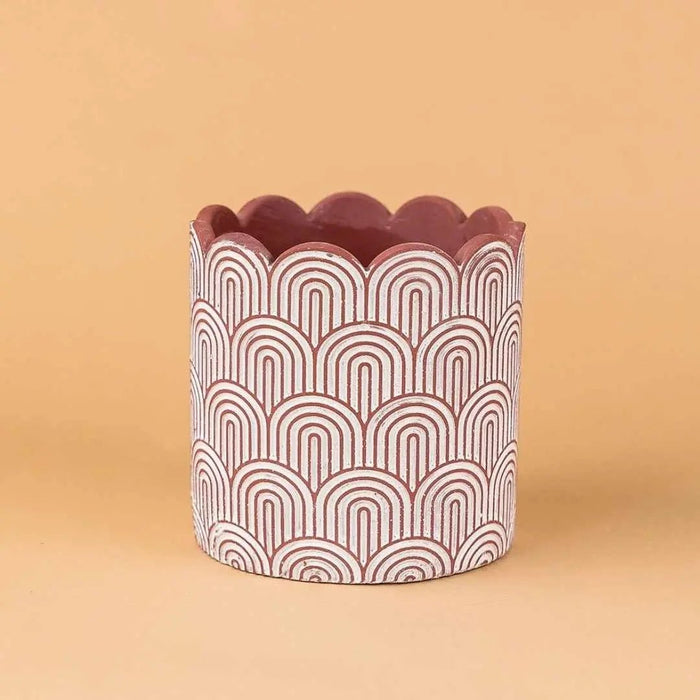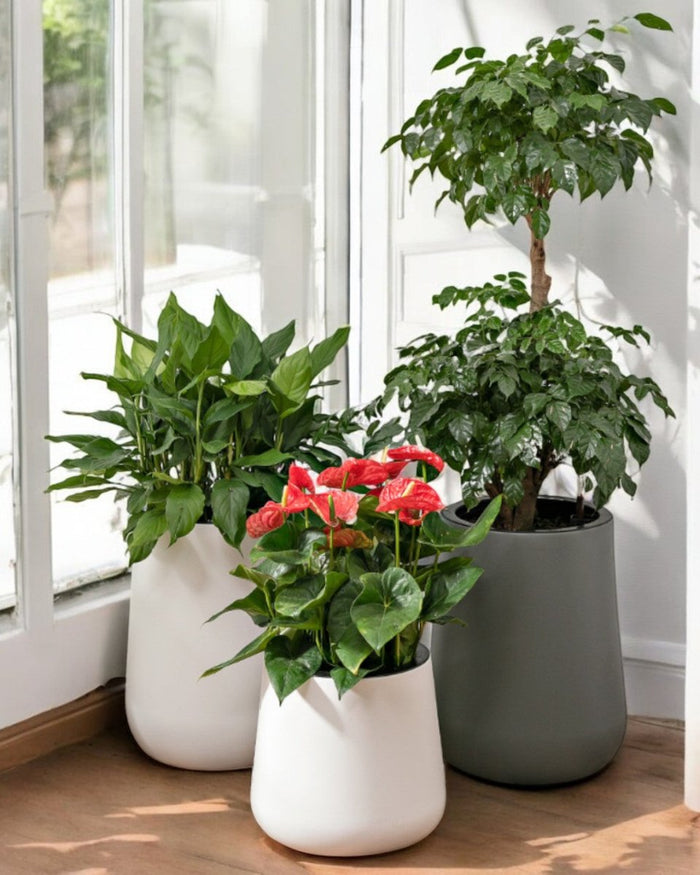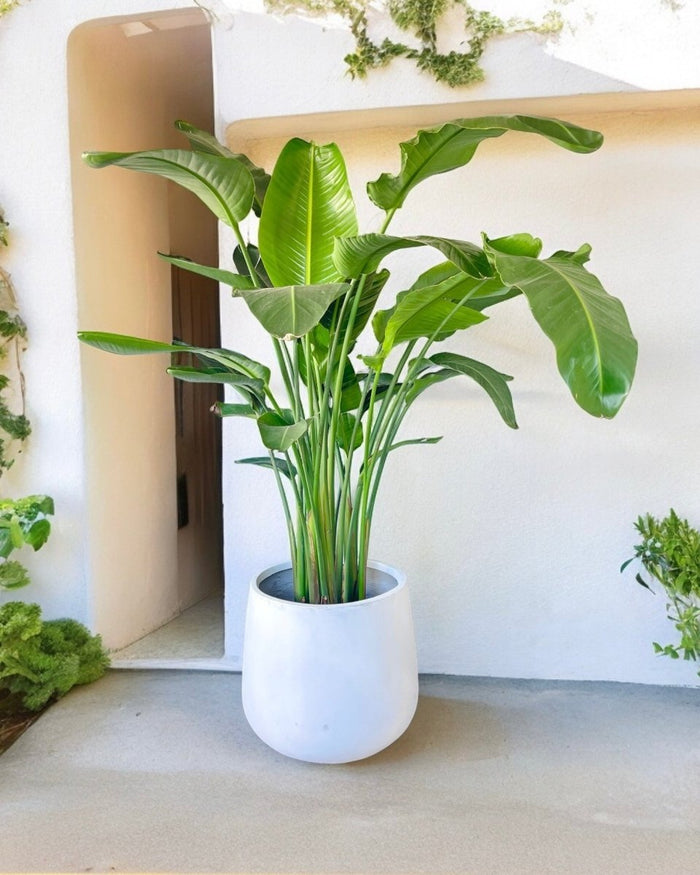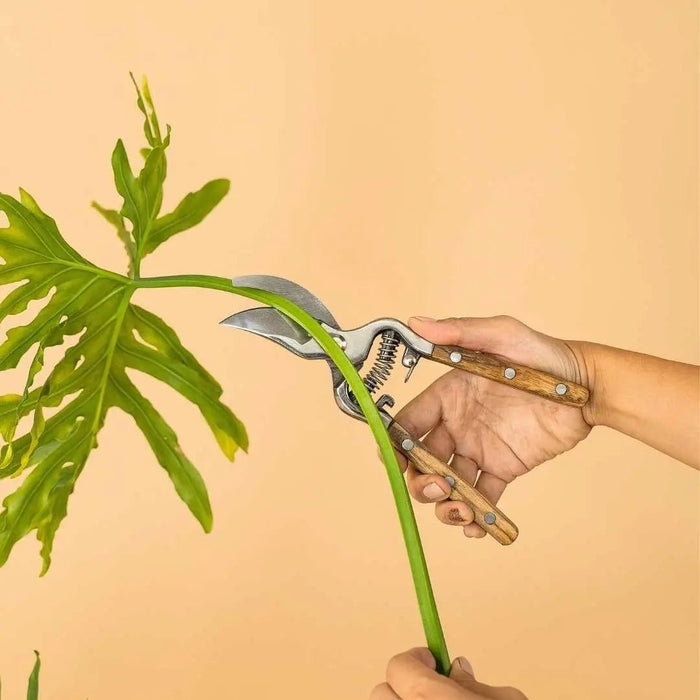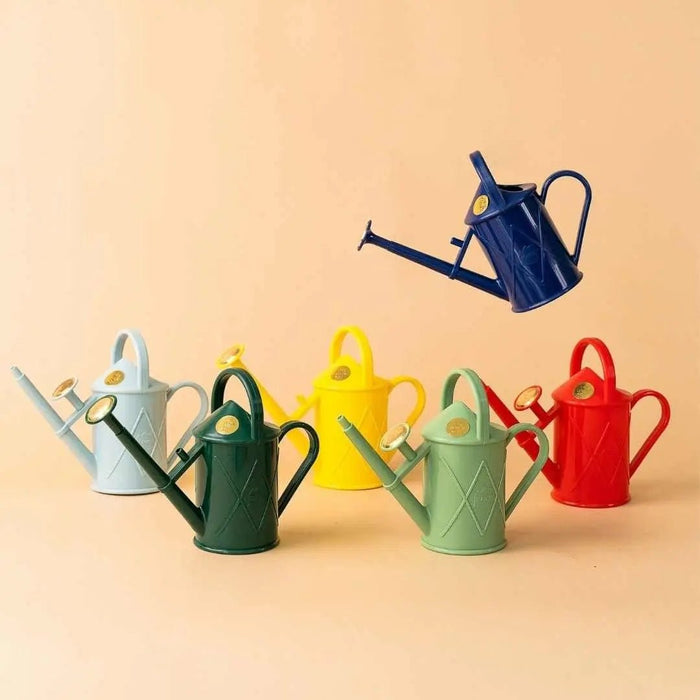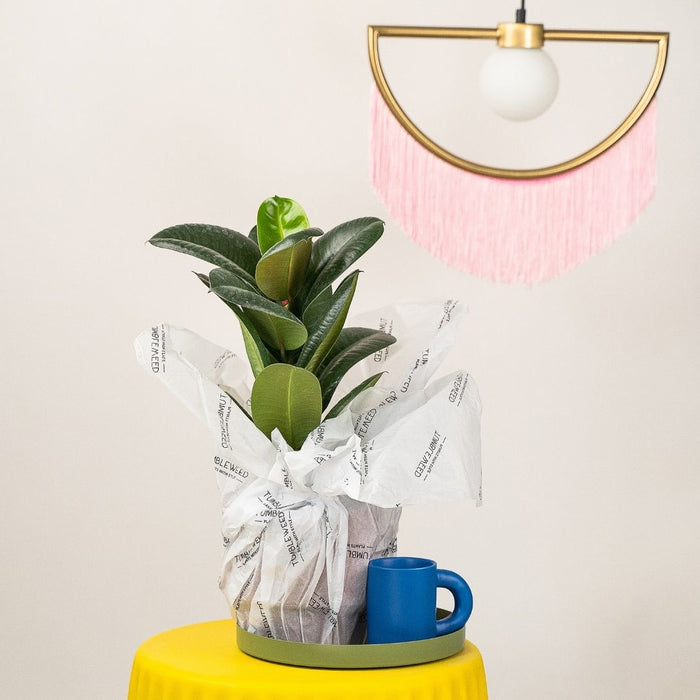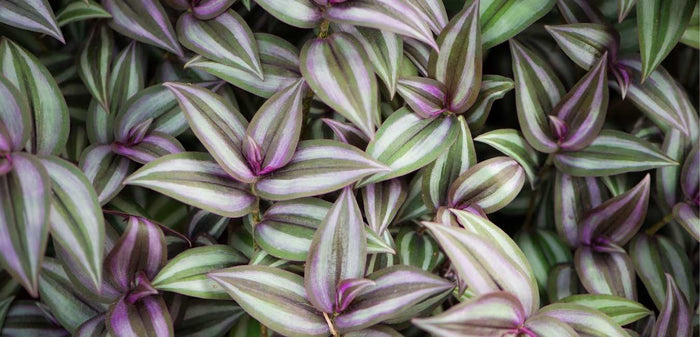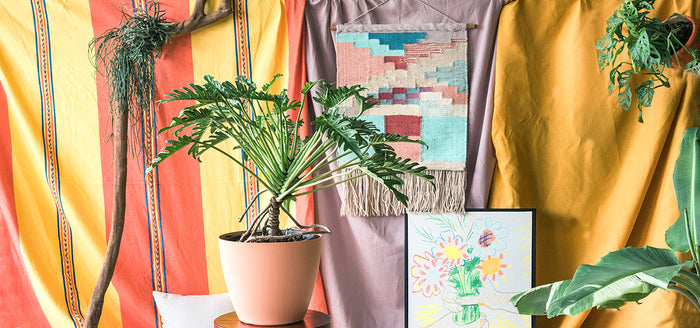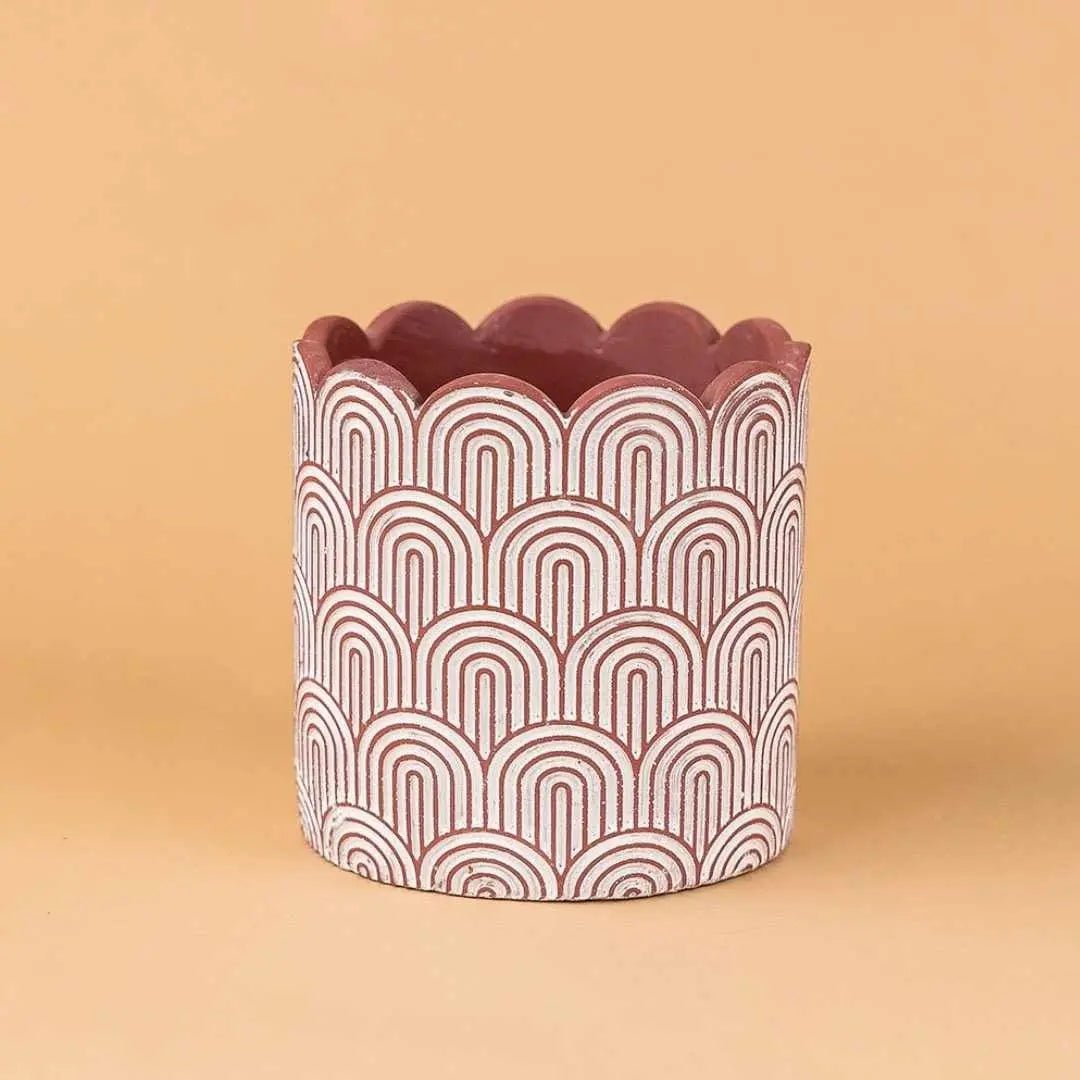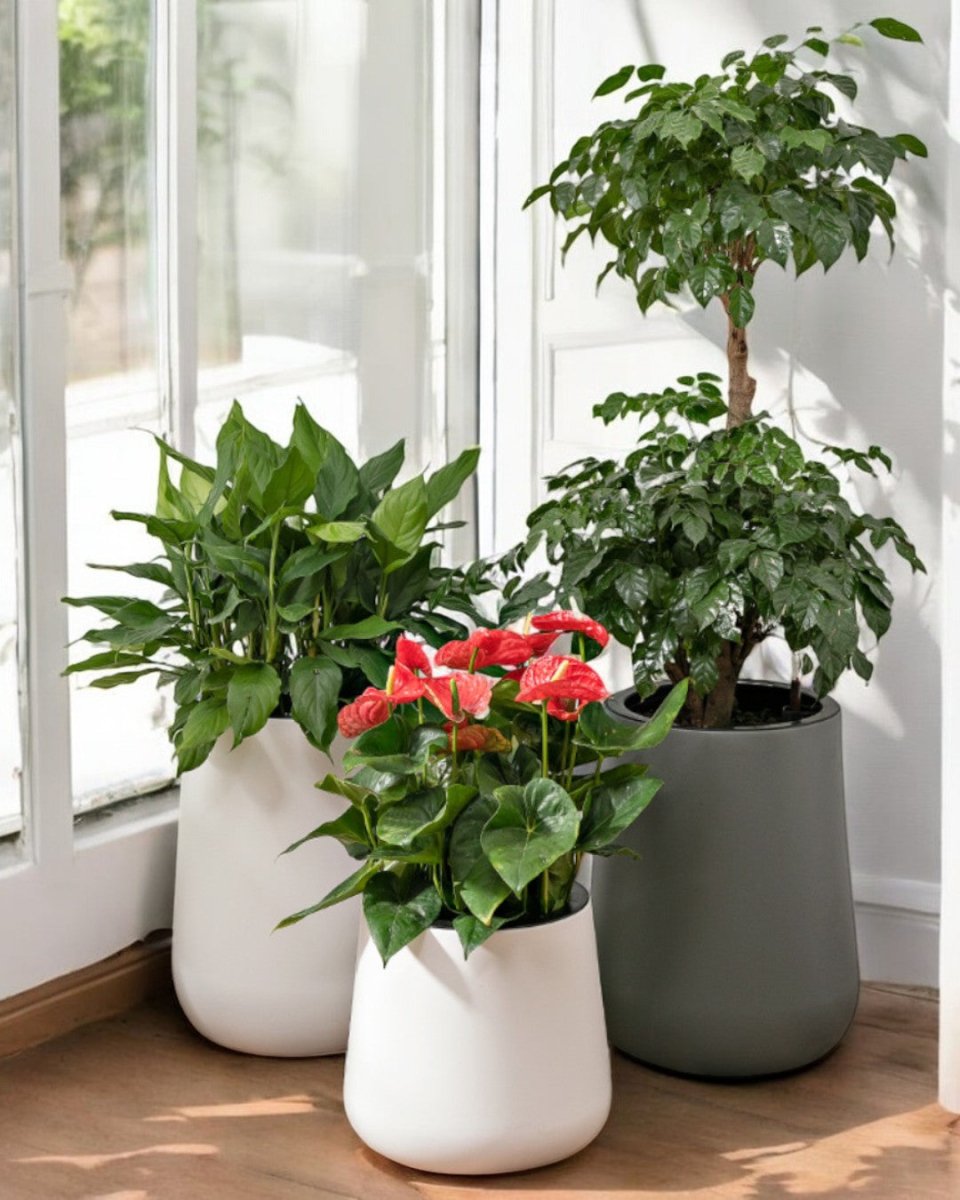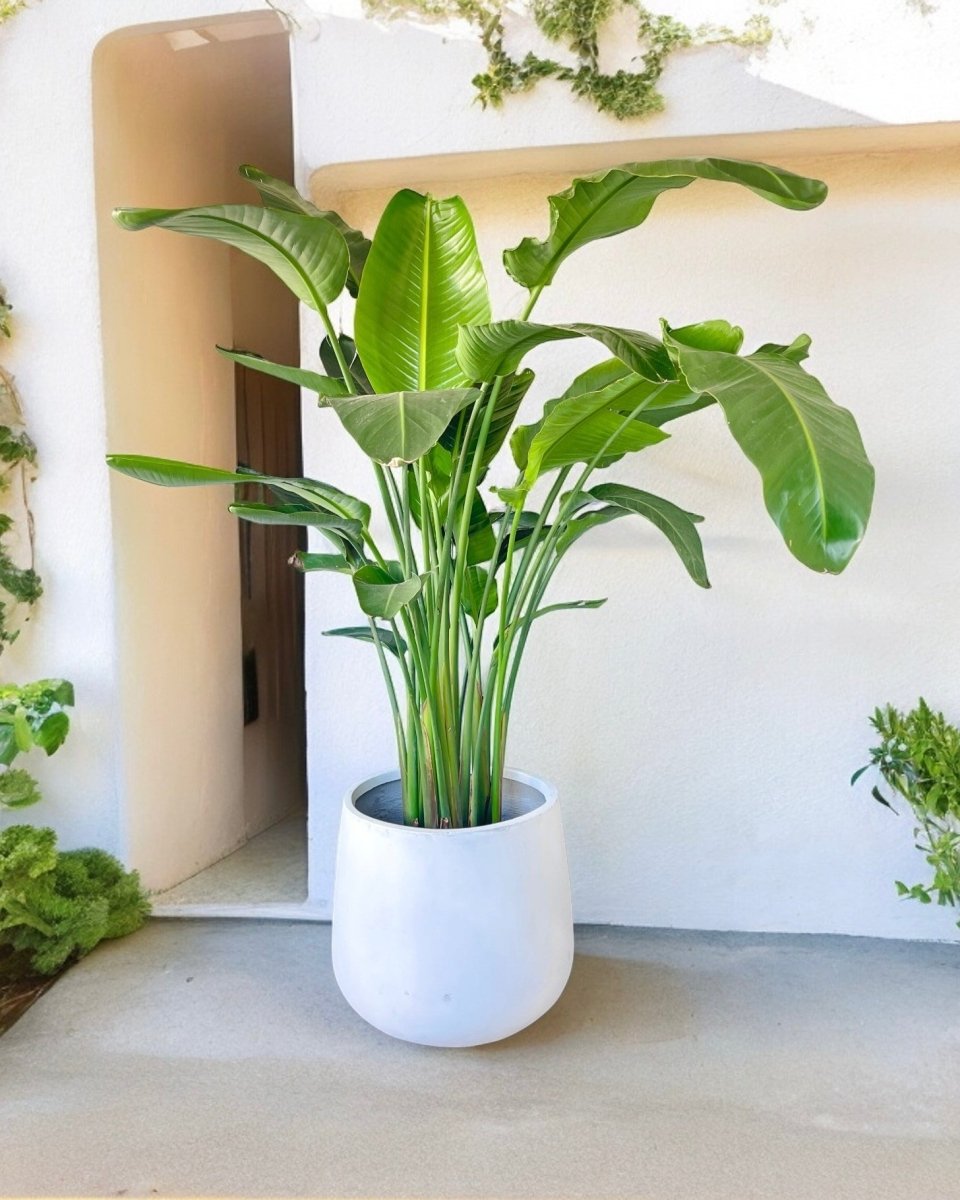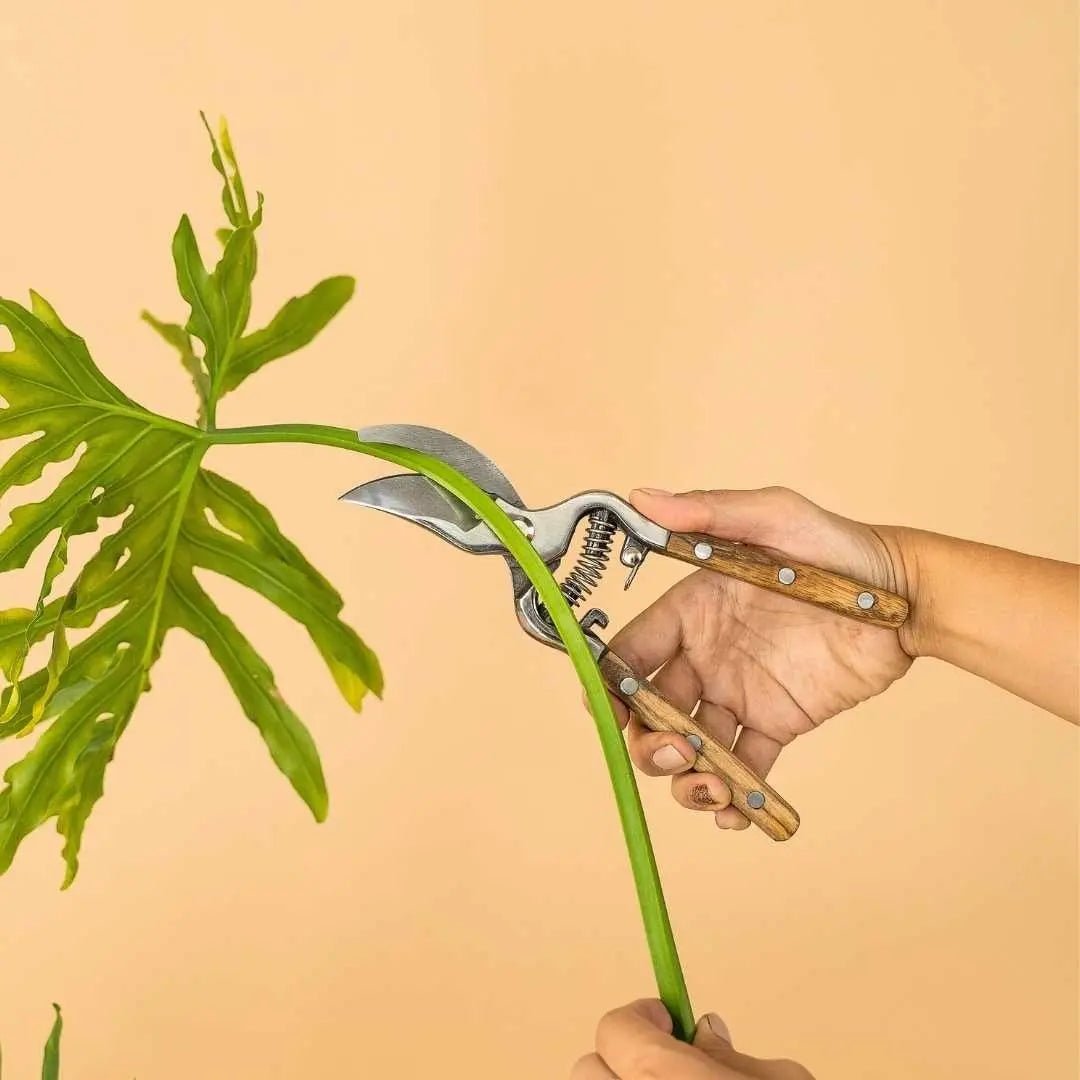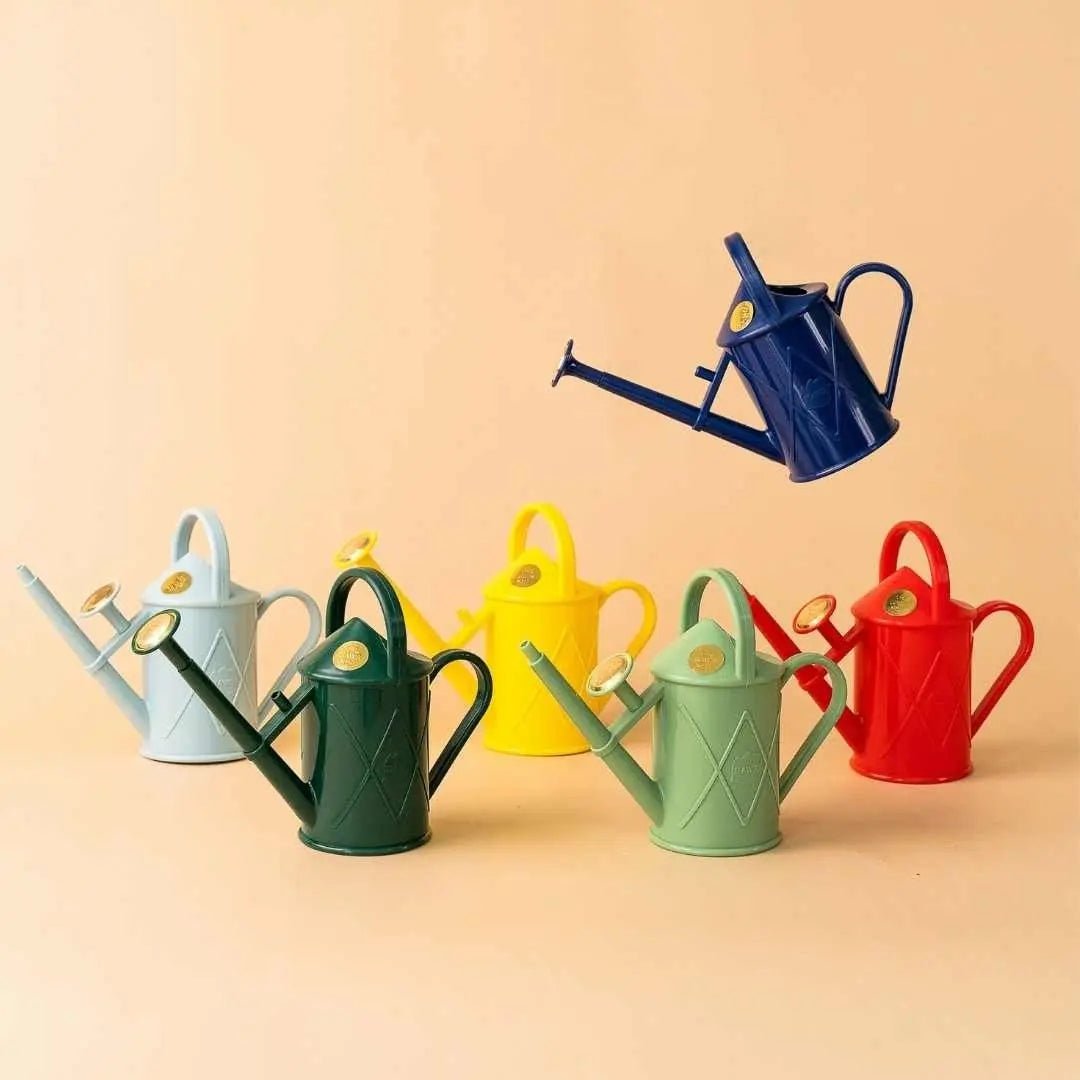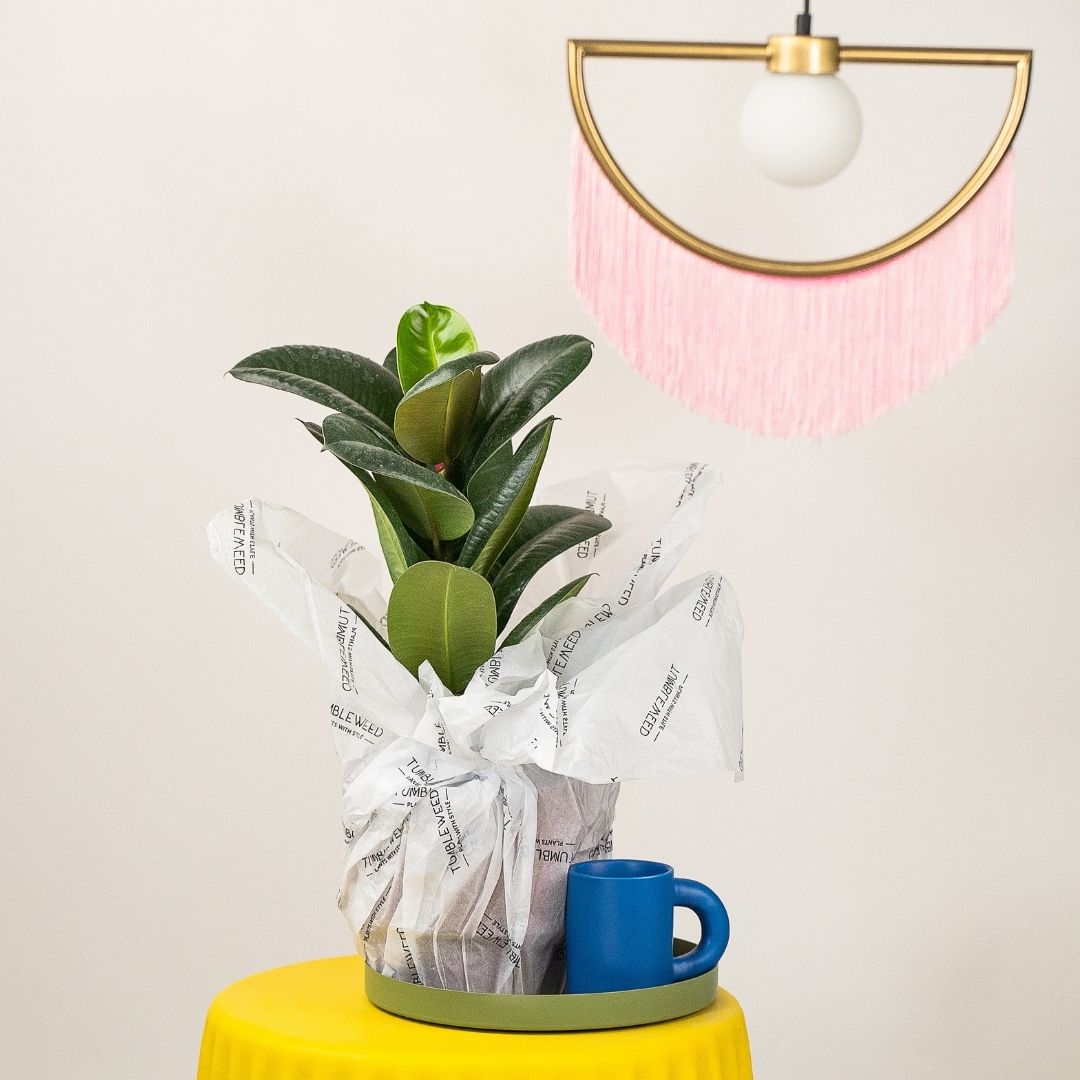General Care Guide for Bonsai
Bonsai trees need bright light, often preferring several hours of direct sunlight. Temperature requirements vary by species, with some tolerating cooler conditions and others needing warmer, stable climates.
Bonsai require regular watering, ensuring the soil stays moist but not waterlogged. Many species benefit from increased humidity, and occasional misting can help in drier environments.
Bonsai need well-draining, nutrient-rich soil, often a specific bonsai mix. Repotting is necessary every 1-3 years to refresh the soil and manage root growth.
Bonsai can be propagated through cuttings, seeds, or air layering, with cuttings being the most common method for quick results.
Regular feeding with a balanced, diluted fertilizer is essential during the growing season to support growth and health, usually every 4-6 weeks.
Most bonsai species are non-toxic, but some, like certain varieties of ficus, may be mildly toxic to pets if ingested.
Pests like aphids, spider mites, and scale can affect bonsai, and yellow leaves may indicate improper watering or nutrient issues. Careful monitoring and maintenance are key to keeping bonsai healthy.



